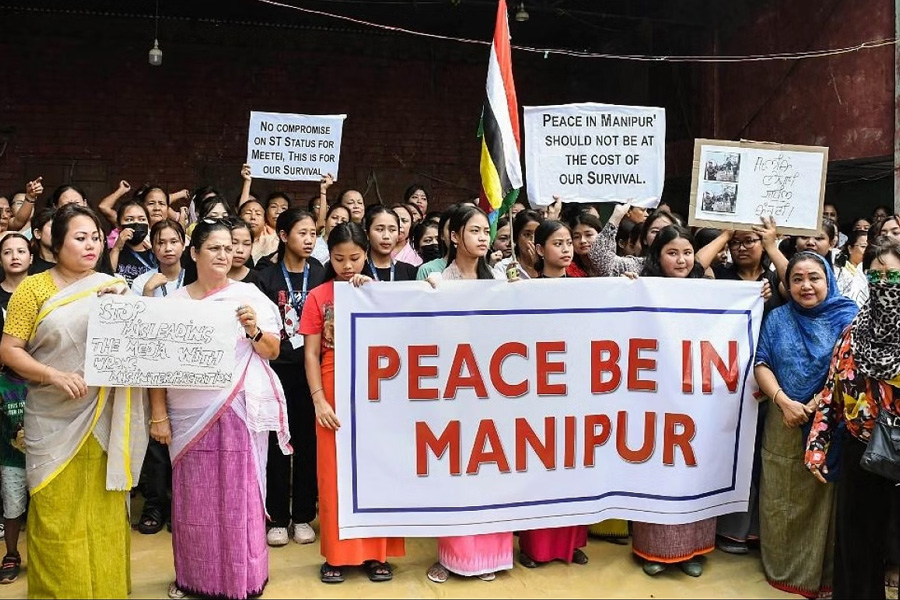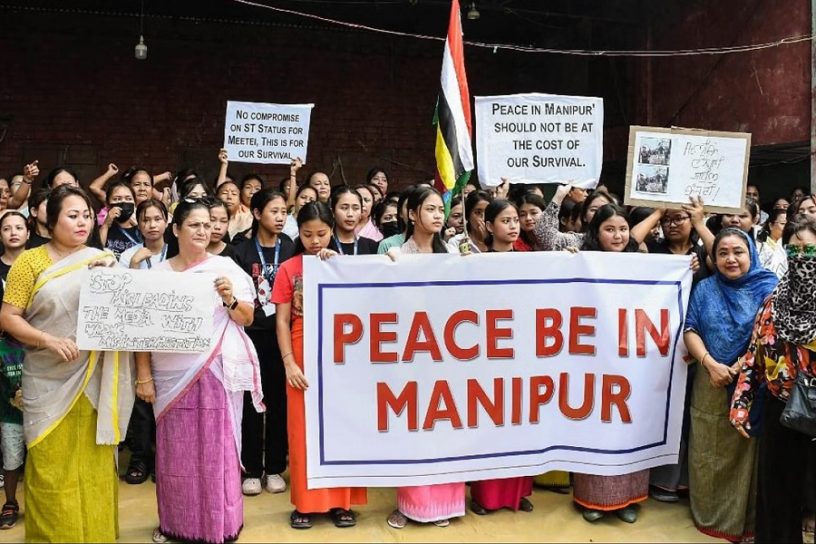
The new realities of Manipur, dogged by a troubled past, do not fit in with conventional policies and resolutions such as those offered by a counterinsurgency operation or even a truth commission.
Author
Kishalay Bhattacharjee, Professor and Dean, Jindal School of Journalism and Communication, O.P. Jindal Global University, Sonipat, Haryana, India.
Summary
Dead bodies piled up waiting to be buried. They say this is not the time to mourn but wage war. I am bitter and tired of writing about death and destruction. But we need a language to speak the truth.
There is a pitched battle between the State police, backed by ultranationalist Meitei groups, and the Kuki-Zo militia, which is allegedly backed by Central paramilitary forces. A mosque caught in the crossfire was turned into a bunker, forcing the Pangals (Muslim Meiteis) to take sides. The Meitei separatist groups have not been visible, nor have we heard or seen the Thangkul (read NSCN-IM or the National Socialist Council of Nagaland-Isak Muivah) heavyweights yet. This may just be the overture to a protracted and bloody ethnic conflict.
To say “the lines have been drawn” may be too simple and inadequate to explain Manipur at any point in history. The spectacle of violence in Manipur has complicated our reality. The new realities of Manipur, dogged by a troubled past, do not fit in with conventional policies and resolutions such as those offered by a counterinsurgency operation or even a truth commission. Violence has always been a part of the Manipuri experience for at least half a century now because of contested histories and the misadventures of the Indian state.
The idea of a Manipuri identity is being subsumed, as each community tries to assert its political hegemony. Each community has banned guerilla outfits “protecting” their clan/tribe, which have been legitimised by elected governments and civil society over years. The dirty war has been playing out in the State for decades. So, what went so horribly wrong this time that women and children were raped and burnt alive? How did the State fall into the abyss of hate so swiftly?
Published in: Frontline
To read the full article, please click here.


